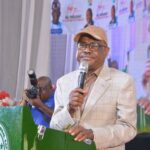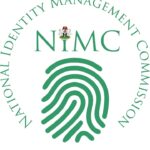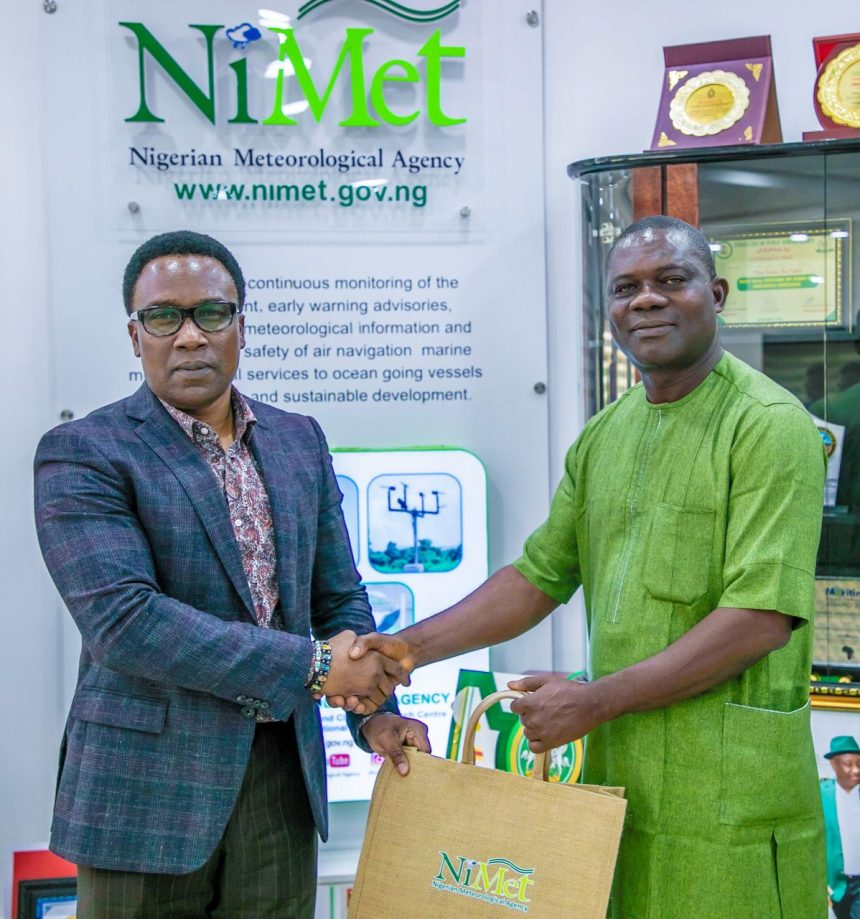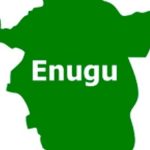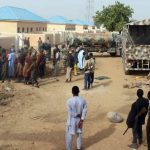Left to Right: Professor Charles Anosike, Director General and Chief Executive Officer of the Nigerian Meteorological Agency (NiMet), and Dr. Ben Odoemena, Chief of Party, Extension Activity of United States Agency for International Development (USAID), during a courtesy visit by Dr. Odoemena to Professor Anosike in Abuja on Tuesday, 3rd September 2024.
The Director General and Chief Executive Officer of the Nigerian Meteorological Agency (NiMet), Professor Charles Anosike, has called for insurance coverage for Nigerian farmers to strengthen food security.
Prof. Anosike made the call when a delegation from the United States Agency for International Development (USAID) paid a courtesy visit to his office in Abuja on Tuesday, 3rd September 2024. He appreciated the delegation for recognizing the role that NiMet plays in the agricultural value-chain and the other sectors, and for seeking the agency’s partnership in organizing the forthcoming Agricultural Insurance and Weather Advisory Services Roundtable themed, “Creating Last-mile Structures for Agricultural Insurance & Weather Advisory Services- A Risk Mitigation and Resilience measure for Smallholder Farmers.”
The NiMet DG/CEO urged the USAID team to also extend an invitation to the financial sector. He said, “NiMet does a lot of work in early warnings. When we talk about insurance or early warnings, it’s not just about the productivity of farmers. It’s also about saving lives. Lives have already been lost in the 2024 flood. Let’s keep in mind that early warnings save lives. When financial institutions talk about risk management, they focus on shareholder value. If we’re able to get the financial sector in the room for them to begin to integrate climate risk into their operations and risk management, we’ll be able to convince them. This can help us to achieve the agricultural insurance scheme for farmers”.
Continuing, Professor Anosike said, “If you look at the economy, whatever problem we are having now, climate change compounds it. It is a threat multiplier. This compels NiMet to do things differently. We will participate In all aspects of the roundtable to ensure success and achievements of the set objectives”. He encouraged the USAID team to consider rolling out a pilot scheme of insurance for the farmers before bringing it to the public sector, assuring that NiMet will also invite its stakeholders to be part of it.
Concluding, Prof. Anosike informed the delegation that NiMet will soon be rolling out suites of training on weather, water, and climate science to build capacity across its stakeholders and foster a shared vision.
Speaking during the courtesy visit, Dr. Ben Odoemena, Chief of Party, Extension Activity of United States Agency for International Development (USAID) and leader of the delegation thanked Professor Anosike for granting the team audience. He said, “Our mission is to seek collaboration with NiMet, and the agency’s participation in the roundtable. The essence of the workshop is to bring the theme to the fore of key stakeholders, in the agricultural sector, insurance sector, financial sector, etc.
“Climate change is here. If you are doing business and you don’t know whether it’s going to rain today or rain tomorrow, then you are not in business. Not only in agriculture, it cuts across every aspect of life.
The role of NiMet is quite strategic in achieving this objective and the proposed stakeholders’ roundtable will strongly complement NiMet’s services.
We cannot achieve the objective without working with NiMet. Farmers are not insuring their farms and their businesses. So it is in this context that we said, that as much as there is poor or no penetration of insurance in the rural settings, there is also limited penetration of weather information at the rural level to the smallholder farmer and the micro farmer.
We know that NiMet is doing a lot of work, and very wonderful things in the field but we need to scale the process. We want to see a situation where a smallholder farmer will say that he or she wants to know what the weather will be tomorrow before going to the farm. That consciousness has to be instilled in the smallholder farmer. That is the only way we can know that we are on track in agriculture”.


